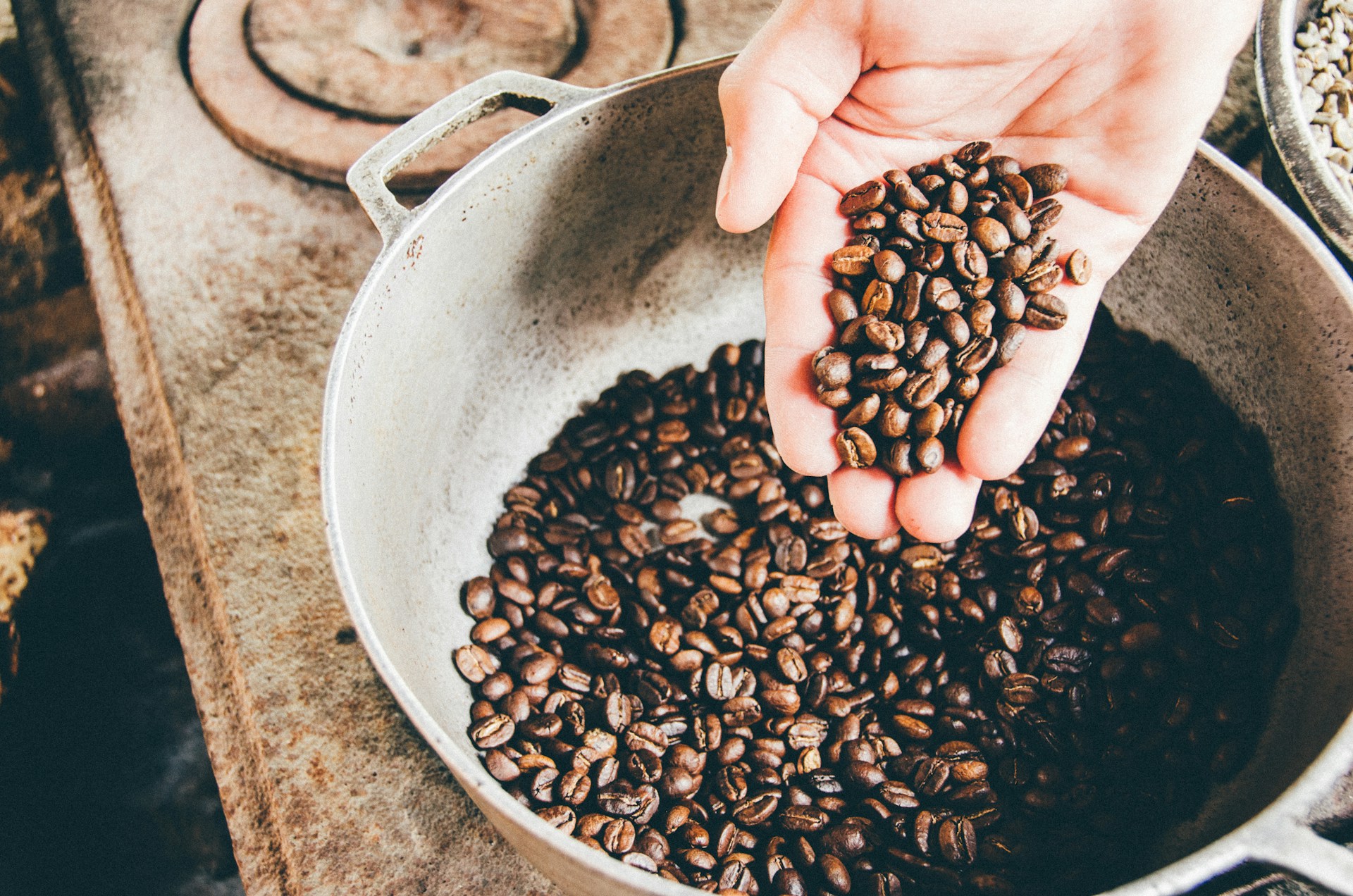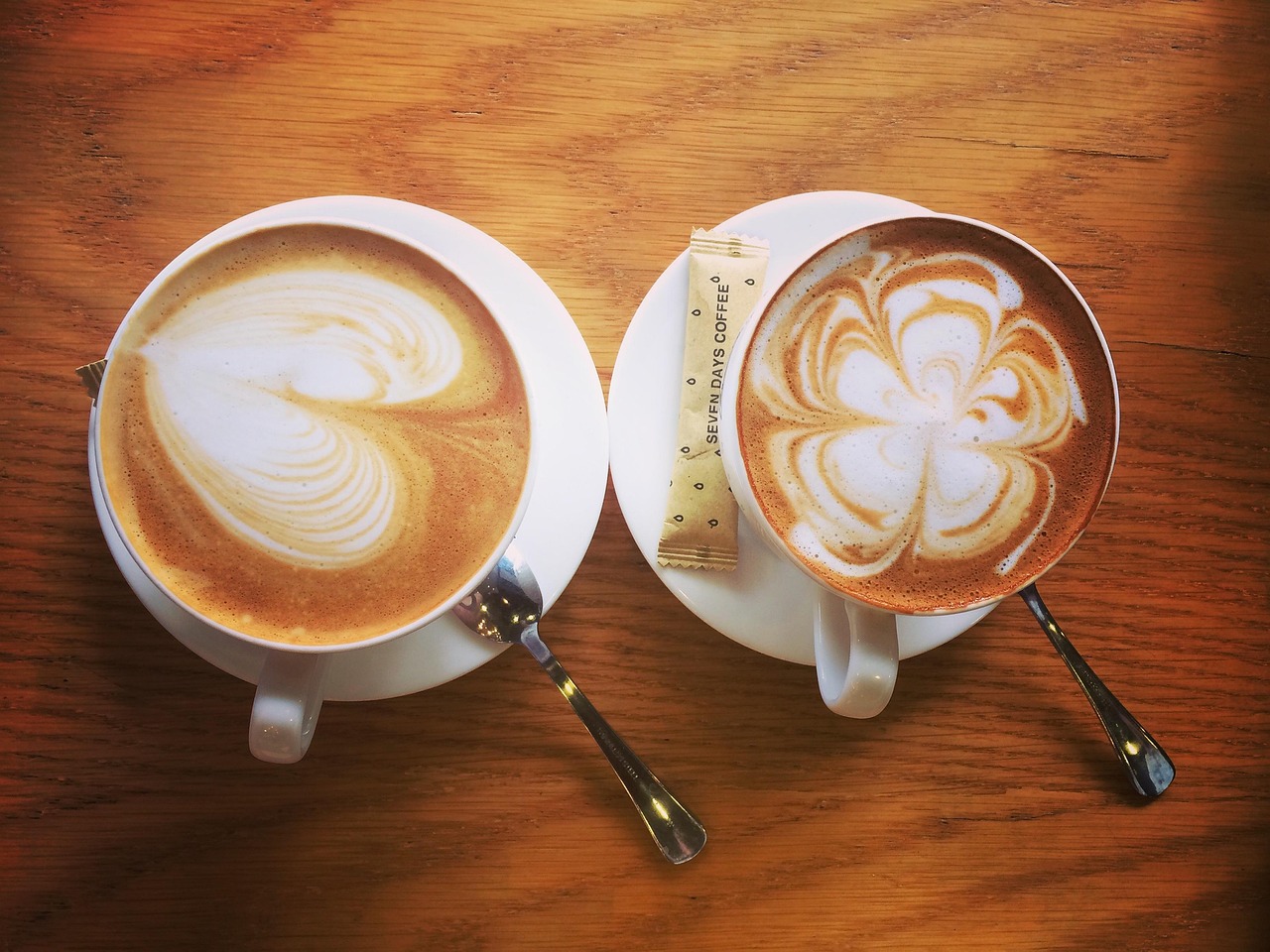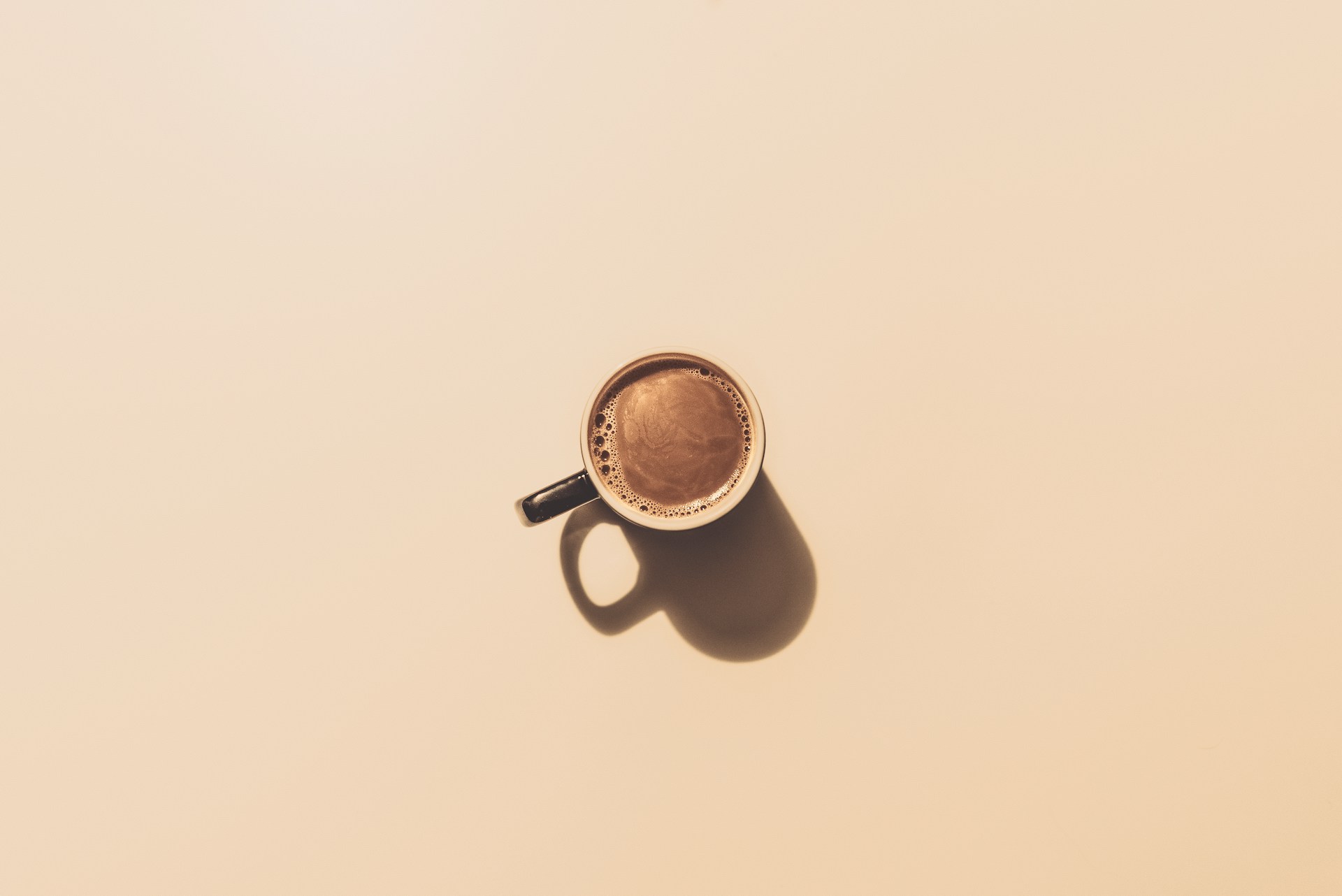As someone prone to anxiety, I’ve asked myself, “Does coffee cause anxiety?” many times over the years. Asking this question is smart, but it’s also one of those questions you don’t really want to know the answer to. As you could guess, the stimulant nature of caffeine can trigger anxiousness in some people, especially those who are prone to anxiety.
Let’s learn more about and answer the question: Does coffee cause anxiety? I chatted with Dr. Jamie McManus, M.D., Chairman, Medical Affairs, Health Sciences and Education at Shaklee. Let’s explore how coffee affects your mood and what to do if you suspect it could be worsening your anxiousness.
Does coffee cause anxiety?

Caffeine is a CNS (central nervous system) stimulant that works primarily by blocking adenosine receptors, which results in stimulation of the sympathetic nervous system, which leads to a release of cortisol and other stress-related physiologic responses, said Dr. McManus. The body’s stress response includes cardiovascular stimulation, increased heart rate and blood pressure, faster breathing, and heightened alertness. All together, these symptoms can contribute to feelings of anxiety after drinking caffeinated coffee.
Besides caffeine, two other chemicals in coffee, theophylline and theobromine, could contribute to anxiety. These central nervous system stimulants can increase heart rate, circulation to the brain, and oxygenation by opening the airways. These effects all contribute to feelings of anxiety when drinking coffee.
The answer to the question, “Does coffee cause anxiety?” also varies, as different people respond differently to the effects of caffeine. According to Dr. McManus, others may experience anxiety after drinking coffee, while some seem unaffected. “This is primarily due to genetics. There are dozens of genes that may play a role in how your body metabolizes caffeine and how those various metabolites affect our physiologic responses,” she said. Along with your genetics, other factors, like your metabolism and overall health status, can impact how your body responds to caffeine.
Drinking coffee as a coping mechanism

When you think of anxiety and stress-relieving coping mechanisms, coffee likely isn’t the first thing that comes to mind. However, as a coffee lover, I often find comfort and joy in drinking a cup of coffee — especially during stressful or anxious times. Despite good intentions, drinking coffee as a coping mechanism could potentially make stress and anxiety worse, according to Dr. McManus.
“Even for someone who doesn’t tend toward being anxious, if your body is already in a heightened state of that ‘fight or flight’ response of cortisol release, having a venti coffee drink with three extra shots is probably not the best choice.” Knowing this now, perhaps it’s worth rethinking using coffee as a coping mechanism during stressful periods.
Managing anxiety from drinking coffee

If coffee does cause you anxiety, or you suspect that it may be a culprit, then you might wonder if you should quit drinking it or cut back. Cutting back on coffee isn’t an option, so I switch to a half caff blend or a decaf blend after one or two cups of coffee. Dr. McManus recommends that individuals who are prone to mild or intermittent anxiety cut back on coffee with these options.
Dr. McManus also suggests considering switching to a tea such as green tea to avoid consuming too much caffeine. Green tea tends to have half the amount of caffeine as brewed coffee, she shared. For those with significant anxiety, Dr. McManus suggests avoiding caffeine altogether, weaning off slowly over three to four days to prevent symptoms of caffeine withdrawal. “In my experience, folks who tend toward anxiety should generally stay away from stimulants such as caffeine completely. Those with significant anxiety tendencies may not even tolerate decaf coffee,” she said. It’s essential to slowly cut caffeine out of your lifestyle to avoid those dreaded caffeine headaches.
Is coffee causing your anxiety?

In my personal experience, determining if coffee causes (or worsens) your anxiety can be a bit more challenging than it seems on the surface. If you’re prone to anxiety like I am, your anxiety could be triggered by a never-ending list of factors, making it especially difficult to pinpoint if the caffeine itself is at fault.
The best way to narrow this down is to keep a log of how you feel after consuming caffeinated coffee (and be honest with yourself, even if you don’t want to admit it’s a contributing factor). For us all-day coffee drinkers, realizing it’s time to tone back the coffee drinking is a tough pill to swallow. Luckily, today’s coffee market is made for the half caff or decaf coffee drinker. Unlike just a few years ago, there are tons of options that allow decaf drinkers to enjoy every type of coffee — from decaf cold brew to decaf espresso shots.




